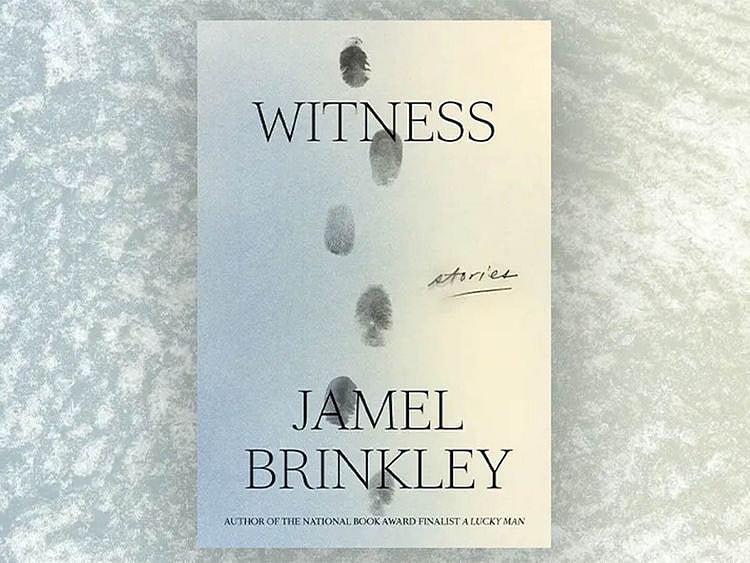Jamel Brinkley's "Witness" is a compelling collection of short stories that delves deep into the intricate tapestry of life in New York City.
In these narratives, the pervasive theme of gentrification threads its way through, portraying a city in the throes of transformation and upheaval.
Brinkley masterfully constructs characters who grapple with the shifting landscapes of their neighbourhoods and their own evolving identities.
In the title story, "Witness," we meet Bernice, a Black woman whose life is marred by an enigmatic illness. Her counsel to her brother regarding dealing with white doctors resonates as a poignant reflection of the healthcare disparities faced by marginalised communities.
Impending reckoning
"Comfort" introduces us to Kelvin, a compassionate figure who dedicates himself to caring for Simone, a woman whose life has been profoundly impacted by her brother's tragic death at the hands of the police.
In "Bartow Station," the spotlight falls on a young man tormented by unresolved trauma, and a foreboding warning from his girlfriend foreshadows an impending reckoning.
Throughout these stories, Brinkley paints vivid portraits of Black individuals navigating the complex tapestry of hope and disillusionment within their families and communities. The tension is palpable, simmering just beneath the surface, making these narratives both poignant and emotionally resonant.
Recurring theme of gentrification
The motif of witnessing, often intertwined with the act of seeing, takes center stage in "Witness." Characters experience a kaleidoscope of emotions in response to being observed by others.
In "The Let-Out," a young man relishes the newfound attention he receives, highlighting the intoxicating feeling of being noticed for the first time. Conversely, in "Bystander," a daughter questions her mother's unrelenting gaze, illuminating the discomfort that comes with being scrutinized by a watchful eye.
Brinkley's storytelling talent shines through in these pages. The pacing is expertly calibrated, the dialogue rings true, and moments of psychological insight add depth to the characters' experiences.
However, there are instances where some stories risk feeling too neatly sociological, such as "Bartow Station," which explores a grieving man's descent into sadomasochistic escapism. While "Witness" is undoubtedly well crafted, it occasionally veers into didactic territory, particularly in addressing issues of racial disparities in healthcare.
One notable aspect of "Witness" is the recurring theme of gentrification, which, while valid and relevant, lacks the necessary variation to fully justify its recurrence across multiple stories.
While gentrification is undoubtedly a significant issue in urban life, its treatment here tends to echo the same observations through different characters' voices.
In "Witness," Jamel Brinkley delivers an accomplished yet somewhat patchier collection. It is a commendable effort, displaying the writer’s undeniable talent for capturing the nuances of human experiences in a rapidly evolving world.
Ahmad Nazir is a UAE based freelance writer
Sign up for the Daily Briefing
Get the latest news and updates straight to your inbox
Network Links
GN StoreDownload our app
© Al Nisr Publishing LLC 2025. All rights reserved.
